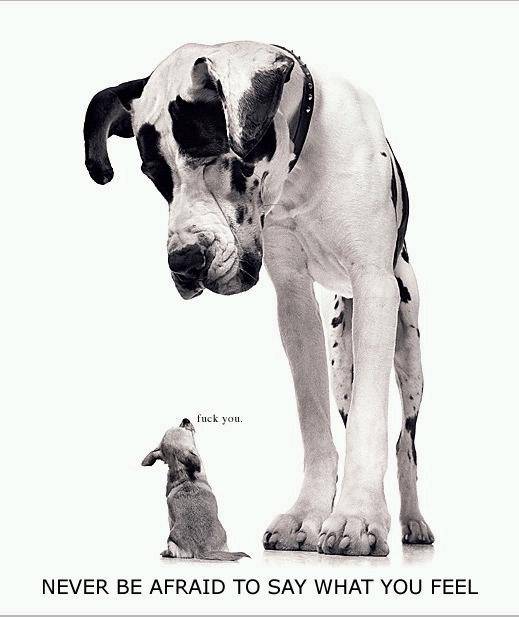BSG: The Best Show on Iraq
(Caution: this is Chock Full O' Spoilers...)
Exodus Part Two was ... just ... *sigh * ... heart still beating...
And, thank the gods, More and more are noticing how it's a great damm show, like the New York Post....
THE best show on television about Iraq takes place hundreds of light years away, with starships, alien worlds and robots that look like humans.
It's "Battlestar Galactica," which has managed through science fiction to do what no other drama does - provide a primetime allegory for terrorism, occupation and religious conflict.
Indeed. Where else can art or politics make a lefty consider a ban on abortion and a right-winger understand suicide bombing? Insurgency anyone? Like Satrbuck tells the Post:
"You never quite know who the good guys are," Sackhoff says.
So say we all.
The Oregonian underlines it all by saying:
These are curious times: only in a geeky science-fiction series on basic cable are the most difficult questions of the day openly entertained.
An even more compelling commentary on the show is this article titled "Watching Battlestar Galactica from the Middle East".
I would posit that, as unseemly as it sounds, perhaps watching Battlestar Galactica ought to be required viewing for the leaders of the free world in our own decidedly non-alternative universe.
Now, as for that last episode... I'm totally down with TV Fodder's assessment of the Best! Scene! Evah! Good pals taped this one for me and I had to replay it ten or 12 times.
Far above in the pretty blue sky, a shiny object appears. It grows bigger and bigger.. and bigger. Something is falling into the atmosphere fast. OH... MY... GODS!!! It's the GALACTICA! Adama has jumped the ship right into the atmosphere and is dropping like a stone toward the planet!!! Why the heck is he doing that?!?!? Can he LAND on the planet??Lol. It looked quite bad ass. And a great way to get vipers right into the action.
TV Recap gives props to this great quiet moment:
If you didn’t notice it on the first viewing, watch Lee as he thanks his doomed battlestar before disembarking. It’s one of those great fleeting moments that most shows wouldn’t bother with.
Here's something else amazing by the show that I hadn't realized.
There are over twenty-five recurring characters on the series to date, all of which appeared in the season premiere, and they just keep adding more.(watch out, this source has spoilers I didn't want to see.)The review includes this LOL line of praise:
This isn’t just a “must see television” kind of good, this is “drop what you’re doing and break into someone’s home to watch this show on their TV instead of missing a single episode” good.
Labels: bsg




